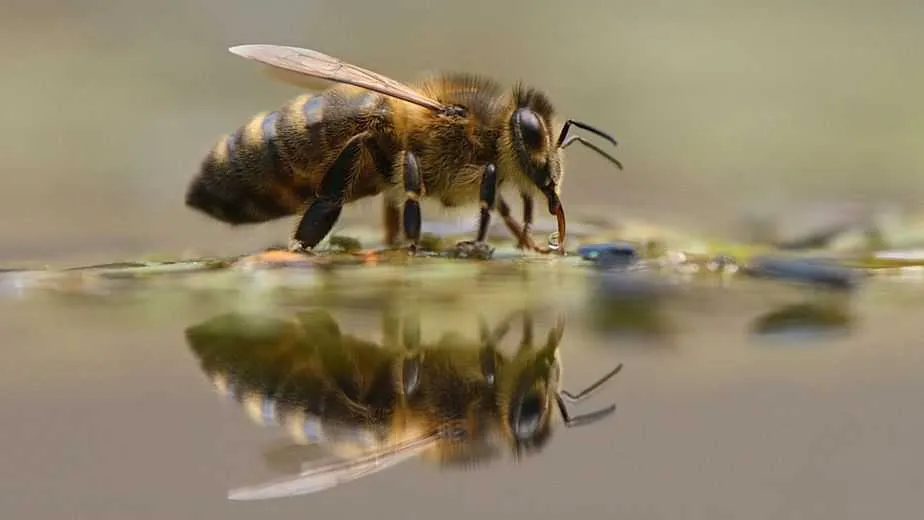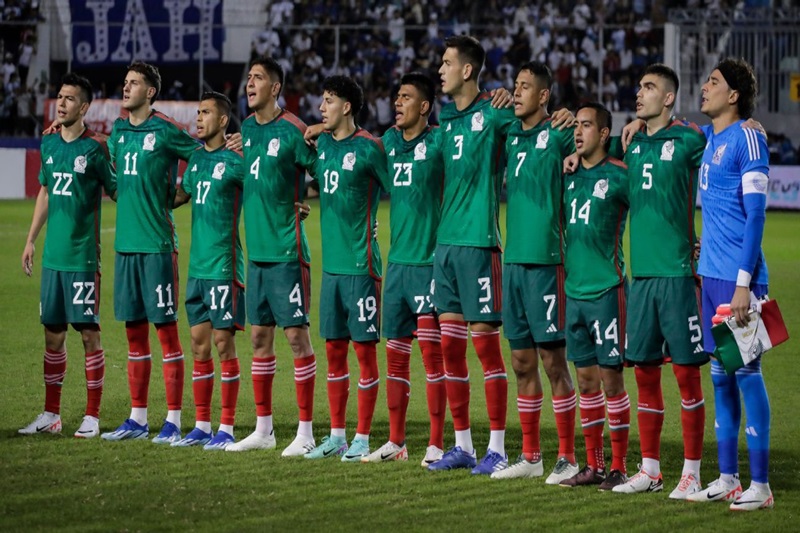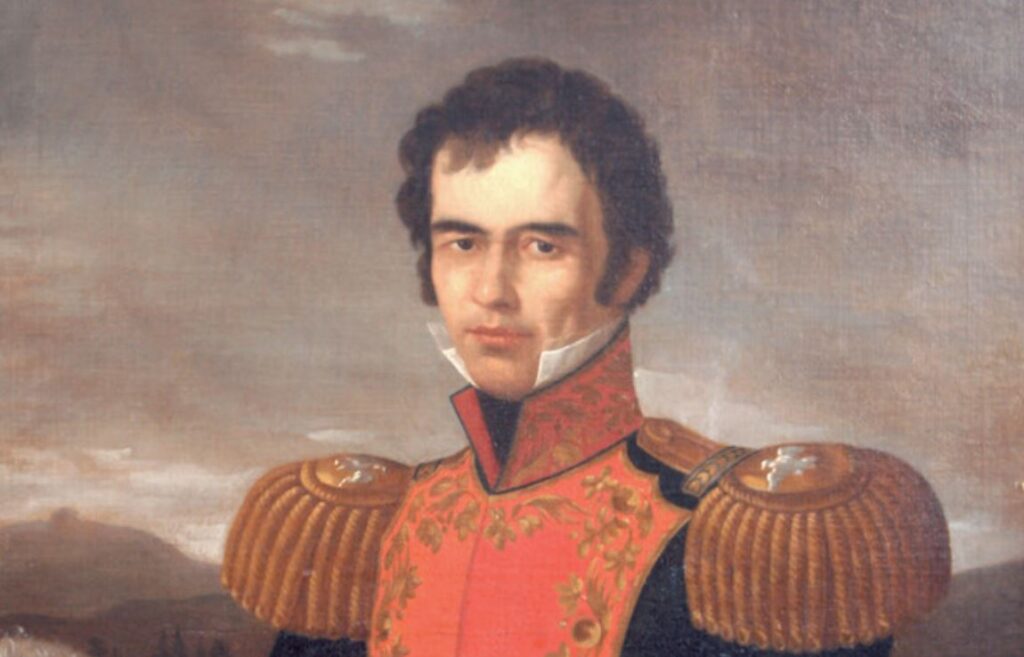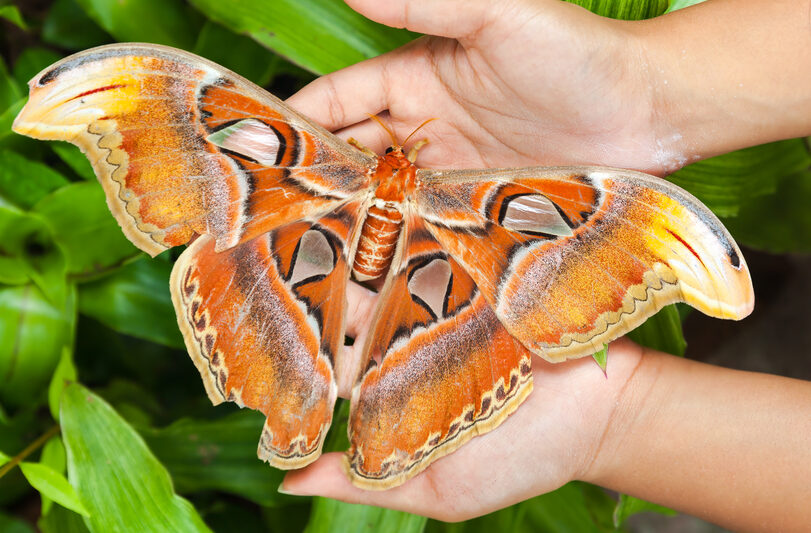Countries with the largest freshwater reserves in the world
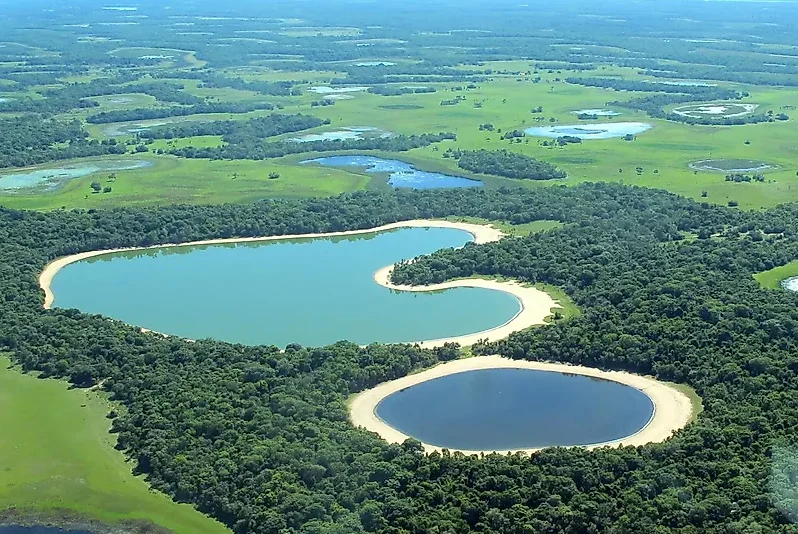
The countries with the largest freshwater reserves have an enormous wealth that is not yet disputed but is still very strategic.
We have always talked about the importance of water in human processes, and it is more than clear that without water there is no life.
In this sense, let’s take a look at the countries with the largest water reserves in the world.
With climate change and the need to take care of natural resources, water reserves represent a global responsibility.
Therefore, when experts warn about possible fights over water in the future, it is important to pay attention to the states that have the most fresh water, as they could be relevant in the way in which the resource is responsibly managed in the world.
It is worth noting that three of the countries with the largest freshwater reserves in the world have a huge responsibility.
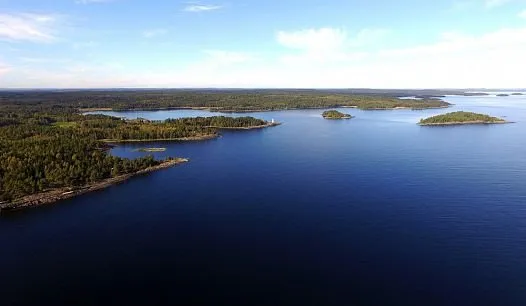
Countries with the largest freshwater reserves in the world
The 5 countries with the largest freshwater reserves in the world:
Brazil: has the Guarani aquifer, one of the largest in the world, extending under four countries, with most of it within its borders.
Brazil is one of the countries with the largest freshwater reserves with the Amazon, which is the largest river system in the world and benefits from 5,661 cubic kilometers of freshwater resources.
Russia: is home to 4,312 cubic kilometers of fresh water, as well as large lakes such as Baikal, the deepest and most voluminous fresh water lake in the world, as well as an important part of the Arctic, with its vast ice reserves.
Canada: with an impressive number of lakes and rivers, it is one of the main reservoirs with 20% of the world’s fresh water, reaching 2,850 cubic kilometers of this resource. Lake Superior stands out.
READ HERE: WHAT IS THE BEST MEAL IN CALIFORNIA?.
United States: with 2,813 cubic kilometers of fresh water, it also has important water resources, including the Great Lakes, shared with Canada, and a considerable infrastructure to manage their use and conservation.
China: although it faces serious water distribution and quality problems, it has key rivers such as the Yangtze and Yellow, which are essential for its dense population and agriculture. It currently has 2,813 cubic kilometers of freshwater.
On the other hand, knowing all this, it is clear that countries with larger freshwater reserves can better manage crises, control how it is used in agriculture, industry and for drinking, and must also better protect the environment.
Climate change is significantly affecting global freshwater supplies.
This is happening due to rising temperatures leading to increased water evaporation, while altered weather patterns generate more erratic rainfall, affecting the recharge of aquifers and river systems.
Likewise, glacier melting is one of the main factors in the alteration and lack of water availability in regions that depend on these sources.
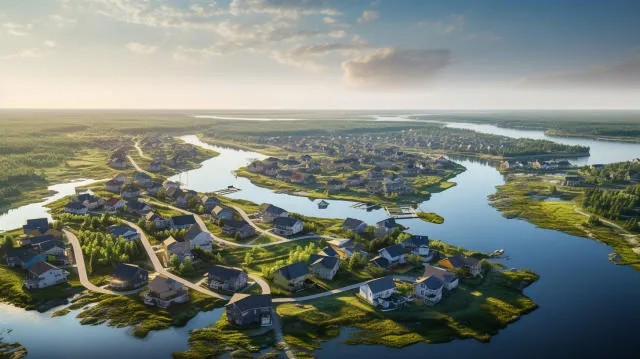
The countries with the largest freshwater reserves in South America:
- Brazil: has the largest amount of freshwater resources in South America, thanks mainly to the Amazon River, which is the largest flowing river in the world, and its vast basin that receives high levels of precipitation annually.
- Colombia: rich in water resources, Colombia has important rivers such as the Magdalena and Cauca, and receives high rainfall that feeds numerous rivers and lakes.
- Peru: although much of its territory is arid, it has important rivers such as the Amazon and has large water reserves in the Amazon region.
- Venezuela: has a wealth of water resources, including Lake Maracaibo and the Orinoco River, one of the most important in South America.
- Argentina: although known for its arid regions, Argentina has important water resources such as the Guarani Aquifer (shared with Brazil, Paraguay and Uruguay), and rivers such as the Parana and Uruguay.


